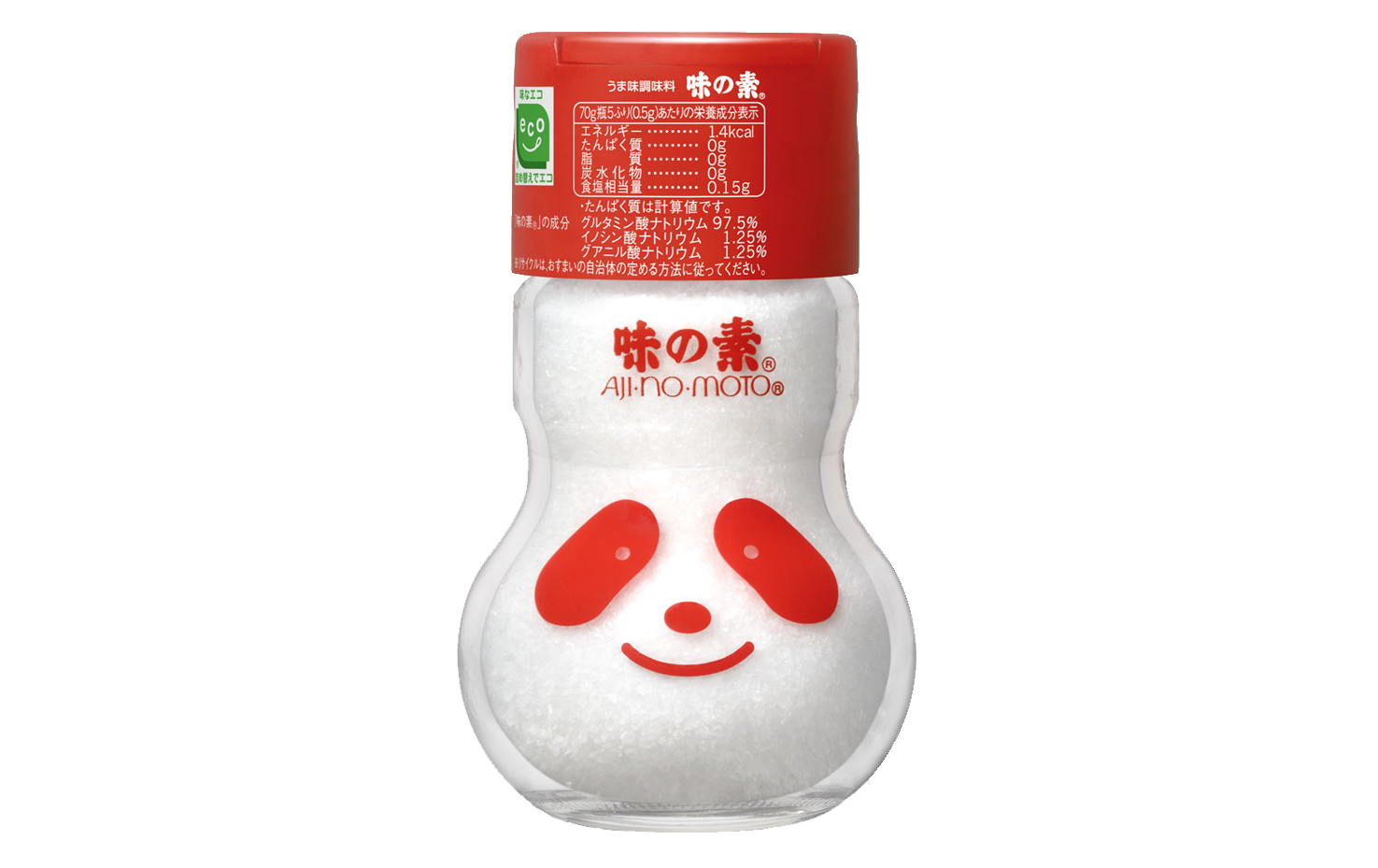Japan is renowned for its exceptional food culture and Tokyo is the nation's culinary crown jewel. The capital has been awarded more Michelin stars that any other city in the world for 10 years. Traditional cuisine and fine dining have made Japan's food world famous, but there's a less expected element to Japan's culinary ascendancy: manufactured food.
Perhaps the nation's most famous food invention — and the one that has caused the most controversy in the Western world — is monosodium glutamate, more commonly known as MSG. Though it is inextricably linked to Chinese food and ostensibly a cause of Chinese Restaurant Syndrome, MSG was invented in Japan.
It was created in 1908 by a curious scientist, professor Kikunae Ikeda, trying to replicate the savory taste in his wife's dashi broth . The key was isolating the amino acid called glutamate. The dried konbu (kelp) his wife used to make the broth contains glutamate and Ikeda realized that glutamate causes the fifth taste sensation, which he named "umami" — a common Japanese word that is usually translated as "savory."



